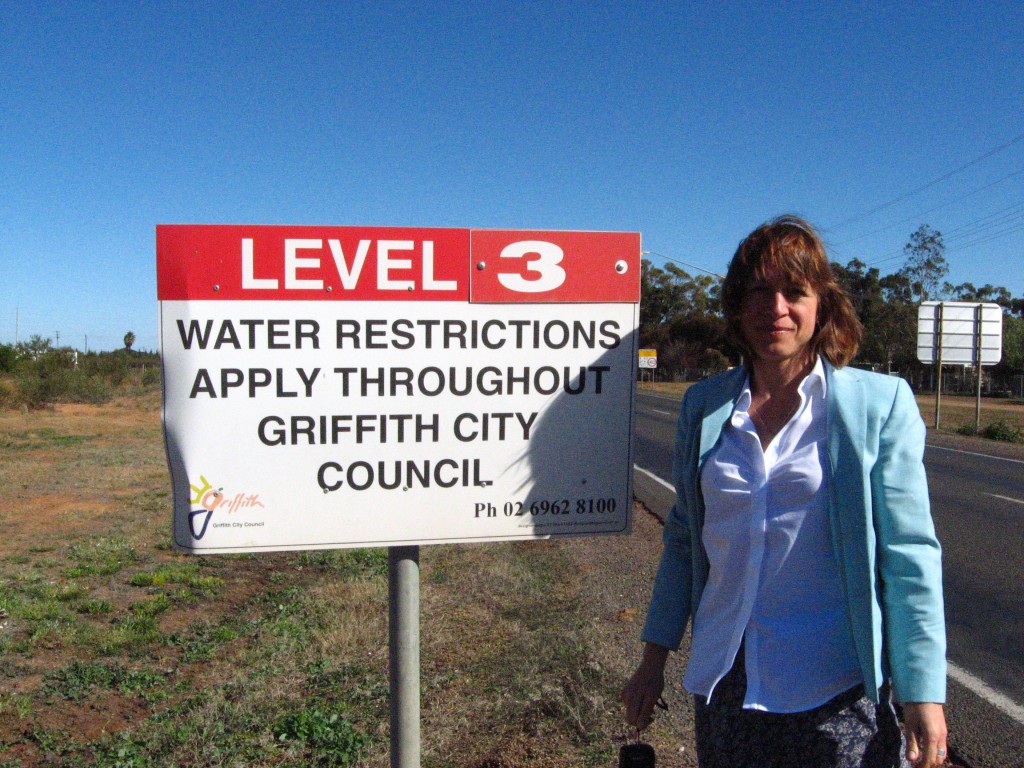There is a lot to say about water. At the Okanagan Basin Water Board, we focus “narrowly” on water, but water has many shades and aspects, and each issue is as deep as Okanagan Lake. This blog is my opportunity to share what it is like at ground zero for water management. The water problems of the Okanagan may be specific to this place, but there are parallels with communities across Canada and around the world.
In general, the biggest issue with water, and the move toward a more sustainable system, is not “how to do it,” but how to actually “get it done.” The barrier is not a lack of technology or data (although we always need good data). Science, society, and politics all meet over water.
The Okanagan is a small, narrow valley, with a population of about 315,000 spread out over about 17 communities – from urban to rural, and First Nation reserves. The needs of the fish must be met along with the needs of farmers. The needs of city dwellers can’t overshadow rural residents. Local governments and provincial agencies work together and struggle with each other to balance resource development in the upper watersheds and the need to protect the quality of water sources. Our part is to build bridges, and help communities move forward together.
This week we have been organizing a trans-border conference in Osoyoos – to have a public discussion about the current state of water science in preparation for a new international agreement; meeting with elected officials about development along lake shorelines; and writing proposals for new water demand studies and water monitoring agreements. Summer intern, Graham Campbell, is making humorous educational movies for the websites; and several contractors are working in the background on new scenario models about the future impacts of climate change on Okanagan water supplies. We also met with agricultural industry reps to talk about the possible form and principles of an agricultural water reserve. Some days I feel like I’m inside a machine, gears turning.
I plan to write about Okanagan water matters as I experience them – but placed in the context of what is happening elsewhere in the world. I also will write about what is happening in other places, and how it might affect us here in the Okanagan. In the next couple of weeks I’ll write in more detail about why I think the Osoyoos Lake Water Science Forum is a warm-up for the Columbia Basin Treaty process, and things to consider for a whole-lake plan for the foreshore.
So, Welcome! For more background, please visit the two Okanagan Basin Water Board websites: www.obwb.ca, and www.okwaterwise.ca.


